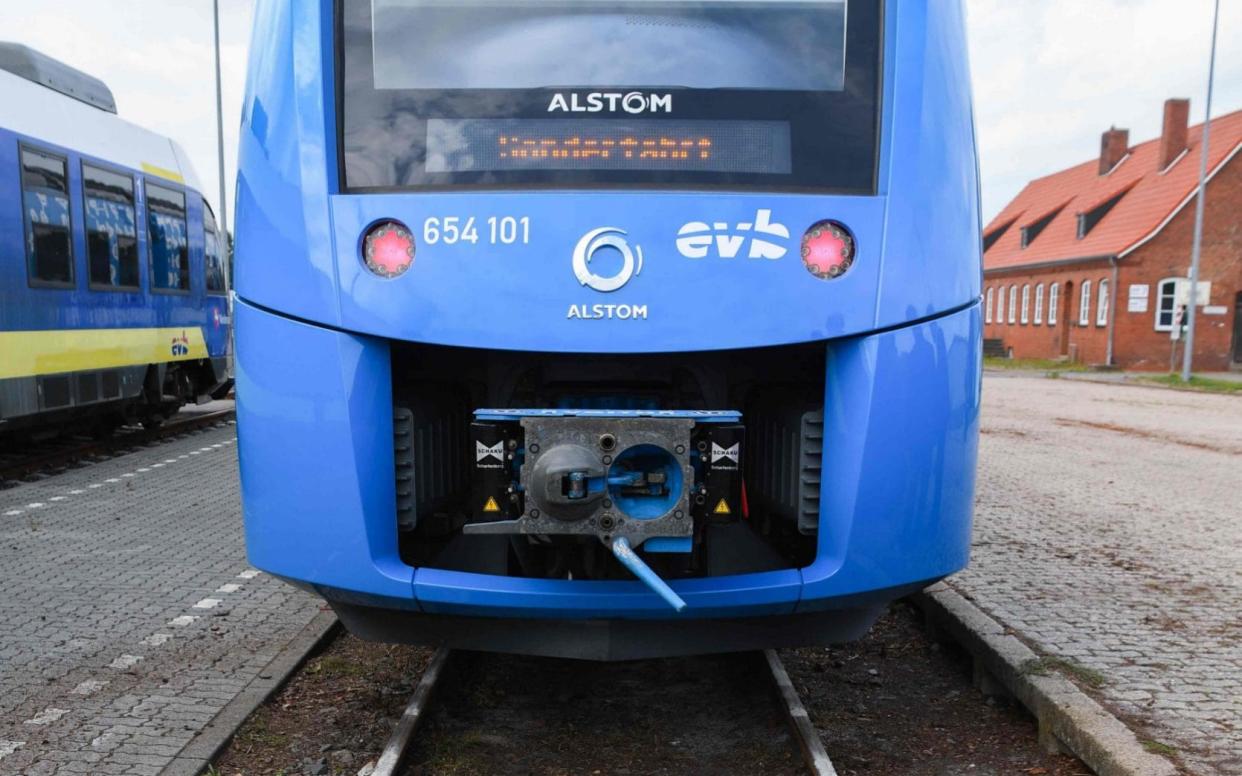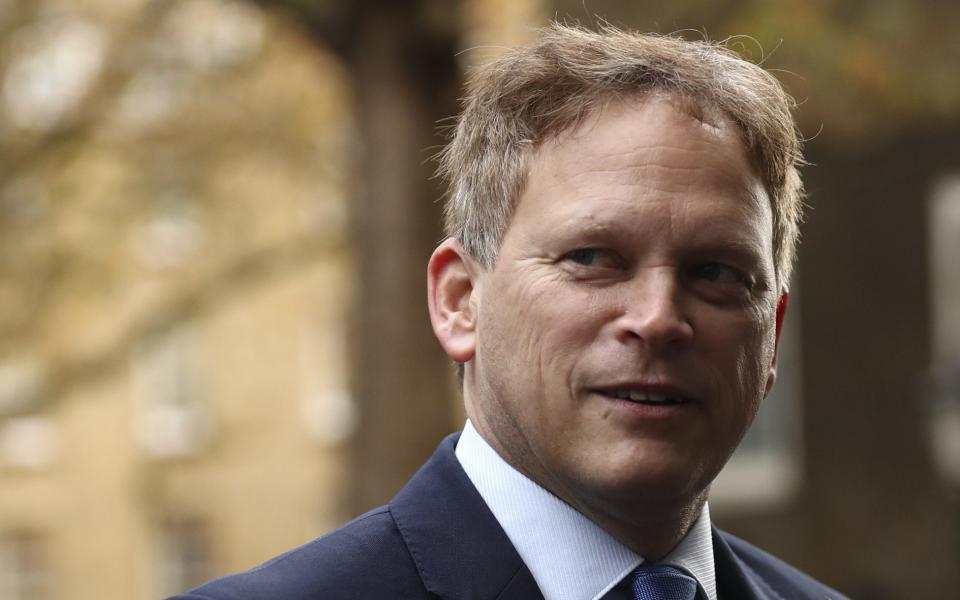Ongoing electrification of railways could become another 'buy a diesel car fiasco', MPs warn

The ongoing electrification of Britain's railways could become a new diesel car fiasco, MPs have warned, as experts urged ministers to invest in hydrogen.
Tory Mp Greg Smith suggested that “grabbing the technology of today” could fail to prove environmentally friendly in the long run.
He told the Transport Select Committee that the former Prime Minister Tony Blair had “told everyone to go and buy a diesel car”, only for it to turn out to be “absolute nonsense from an environmental perspective” two decades later.
“You can see with some of the brilliant minds that are working on hydrogen and other fuels that those technologies might be there and might be better within a not particularly considerable time frame,” he said.
Meanwhile, experts told MPs that a “whole infrastructure economy” needs to be set up to deliver hydrogen-powered rail.
Mary Grant, the chief executive officer of Porterbrook, which is responsible for a third of the UK's rolling stock, said that hydrogen was in a “developmental space” in the UK.
“But we need the whole economy, a whole infrastructure economy around delivering hydrogen,” she added.
In September, the Transport Secretary Grant Shapps said that Britain’s role in developing hydrogen technologies could help put it at the forefront of a new industrial “green revolution”.

New hydrogen-powered trains are currently being trialled on British rail lines for the first time and could be carrying passengers by 2023.
However, Ms Grant suggested that a “hydrogen hybrid” could be a good solution given the emerging technology, because “you could have a part electrified route that could then go on to hydrogen or battery,” she explained.
However, Leo Murray, the co-founder of green tech startup Riding Sunbeams, warned MPs that the concept of “green hydrogen is still a hypothetical”.
He said: “You don't get any carbon saving on a diesel hybrid. So there is no carbon saving from hydrogen and there's an enormous amount of uncertainty around the future capability of hydrogen to deliver substantial emissions reductions.”
Experts also encouraged the Government to end its “feast or famine” approach to the funding of the electrification of the railways. David Clarke, technical director of the Railway Industry Association, said that a more consistent approach was needed “yesterday”.
He urged ministers to introduce a ring-fenced rolling programme fund to enable the rail industry to extend electrified track over several years.
"These are decisions which are made by the Government. A lot has been put on the rail industry for failing to deliver projects at cost but actually the lesson from those other countries is you just have to have a rolling programme, because it intrinsically reduces costs," he said.
The Government has committed to becoming carbon neutral by 2050 and will set out its proposals in a Transport Decarbonisation Plan.

Later on in the Committee session, rail industry leaders suggested that train carriages could be adapted to provide a “more comfortable” experience outside of rush hour in response to changing demand.
Mark Gaynor, head of railway planning at the Rail Delivery Group, said: "Something that the industry is exploring is around the use of space on the train. And I can see that might be something which we spend a lot of time thinking about given how people's travelling patterns may change.
"One example could be reconfigurable interiors that can provide higher capacity at busy times of the day but can be modified to provide a more comfortable experience off peak.”
Mr Gaynor also told MPs that spare capacity on trains could be used to carry high value freight between cities.
He confirmed that the industry had been working with the Government to ensure ventilation systems on trans are "effective against" coronavirus and would also consider using materials which make carriages easier to clean.


